About
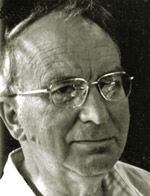 David Holt was a highly original Jungian thinker. He was born into a Liverpool Shipping family in 1926. After war service on Atlantic and Russian convoys in 1944, and in the Pacific in 1945, he read Modern History at Oxford, with the study of St. Augustine his special subject.
David Holt was a highly original Jungian thinker. He was born into a Liverpool Shipping family in 1926. After war service on Atlantic and Russian convoys in 1944, and in the Pacific in 1945, he read Modern History at Oxford, with the study of St. Augustine his special subject.
Following on eleven years in book and newspaper publishing, he graduated from the C.G. Jung Institute in Zurich (1962-1966) with a thesis on ‘Persona and Actor’. Back in England he established a private practice both in London and in Oxford.
From 1971 to 1982 he taught and supervised at the Westminster Pastoral Foundation where he introduced the Counselling and Ontology course. He led the theatre and psychology weekends entitled ‘Jung and Hermeneutics’ at Hawkwood College in Gloucestershire, from 1978-1991. His rendering of Wall in A Midsummer Night’s Dream is particularly remembered.
He was Chair of the Guild of Pastoral Psychology in 1970 and from 1988-1992 he was Chair of the C.G. Jung Analytical Psychology Club in London. In 1986 he became a founding member of the Oxford Psychotherapy Society.
He died at home in Oxford on Easter Day 2002.
David’s funeral service took place on Monday 8th April 2002 at the Parish Church of St. Michael and All Angels Summertown, Oxford where he worshipped. At this service a meditation was read that David had written for this occasion.
View David’s Funeral Address here.
Logo
 The logo is taken from a dream during the night of 27th February 1948. David comments:
The logo is taken from a dream during the night of 27th February 1948. David comments:
A story which I am telling second hand. I have shown to the person to whom I am telling it a plan of the story. A certain number of circles dissected by a straight line. Not certain whether the line went through the middle of the circles. The line is marked with segments showing two days of the week (?Tuesday and Thursday).
David’s book, The Clermont Story, is essentially the life-long amplification of this dream and the story associated with it.
Synchronicity
Some reflections from Edith Holt:
On the 11th of November 1963 David and I met in Cafe Neumarkt in Zuerich. For identification he was carrying ‘Die Weltwoche’. David was in his 3rd year of training as an analyst at the Zuerich Jung Institute. He now had to work with German speaking analysands, and had already a good grounding in the language. Peter Ammann, who was a year ahead in the training, had recommended me as a German teacher. I’m supposed to have said that in a few weeks time he would be able to do this. Unbeknown to me he was to see his first German speaking client that same afternoon. He always maintained that not being able easily to comment was a great advantage, it improved listening no end.
In 1966, after his degree, we flew to London in a car carrying aeroplane with the name ‘Onze Novembre’. This was also the date of the end of the first world war. And I am German. In Germany preparations for Fastnacht begin every year on the 11th November, 11th hour etc. We got married on the 11th November 1966. For both of us a second marriage, the first also being in Nov. 11 years earlier (again for both).
Synchronicity and splitting were two very engaging themes.
University of Essex Library
David’s library was given to the University of Essex where there is a special Department of Psychosocial and Psychoanalytic Studies. It is housed in the Special Collections section of the Albert Sloman Library. The David Holt Collection was inaugurated with the Holt Lecture given on 6th May 2009 by Paul Bishop, Professor of German at the University of Glasgow. The title of his talk was ‘Symbols of Transformation or Transformational Symbols’.
There is a David Holt prize each year for the outstanding student. The winners of the prize so far are:
| Year | Recipient | |
|---|---|---|
| 2008 - 2009 | Steve Myers | |
| 2009 - 2010 | Kai Bekkeli | |
| 2010 - 2011 | Pedro Mendes | 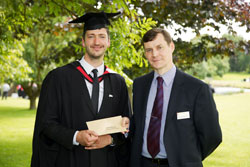 |
| 2011 - 2012 | Bob Langan | 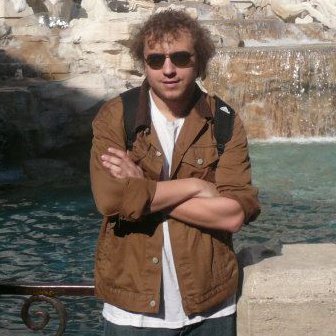 |
| 2013 - 2014 | Orsolya Lukacs | 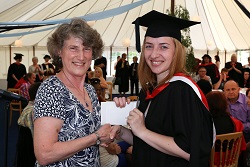 |
| 2015 - 2016 | Andrew Floyer Acland | 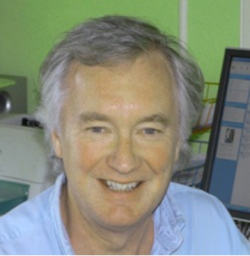 |
| 2016 - 2017 | Emmy Fisher | |
| 2017 - 2018 | William Luck | |
| 2018 - 2019 | Barbara Cerminara | 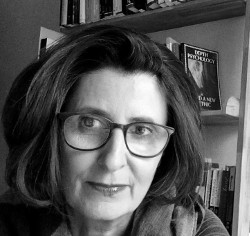 |
| 2020 - 2021 | Emma Bell |
Link: www.essex.ac.uk/see/pps